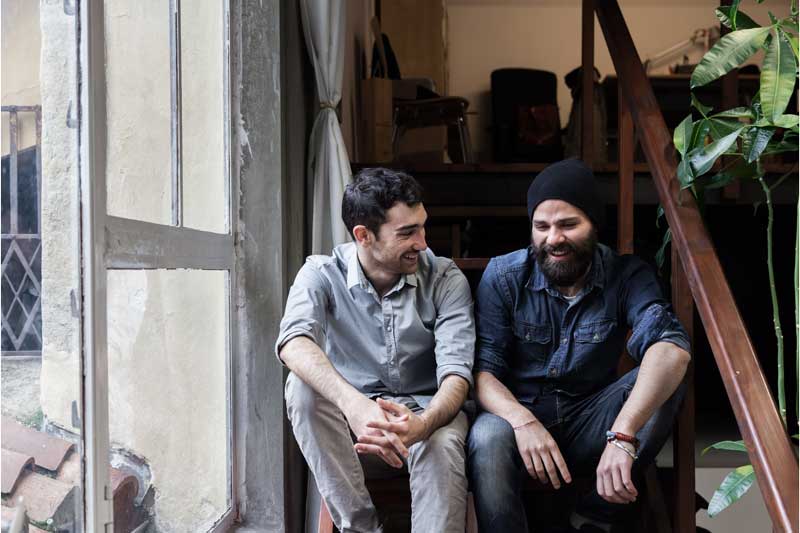
What types of housing are available?
Find out about the different types of public and private housing available in Australia.

Private ownership
Home ownership frees people from the instability of renting but is expensive and often requires a long-term commitment. Before buying a home consider mortgage repayments, interest rates, council rates, home repairs.
Private rental homes
Private rental gives people who can afford it more choice in the types of houses that they live in as well as the location. Monthly rents are generally less expensive than mortgage repayments. Things to consider include rental increases, instability of tenure, regular inspections.
Public housing
Also known as Office of Housing properties, these homes are available to people on low incomes in need. Long-term rental arrangements managed through state governments. Everyone living in public housing pays rent that will not be more than 25% of the total household income. Things to consider include the application list in Victoria with around 35,000 people currently on the waiting list and wait times around two to 10 years and up to three years for early (emergency). Also consider that fluctuations in income could affect eligibility and there is no choice of house type or location, there will also be regular inspections.
Community housing
Similar to public housing but these properties are managed by community organisations, like VincentCare Community Housing. Organisations receive assistance from governments in the form of grants, loans, dwellings or funding. Some properties may be group share options where renters have their own bedroom but other facilities (such as the bathroom, kitchen and laundry) are shared. Community housing organisations also offer Affordable Housing where rent is calculated at a percentage of market rent instead of household income.
VincentCare Community Housing is a Registered Housing Provider, providing transitional options and managing multiple properties throughout Victoria where people can live while we work with them to find long-term solutions. Find out more here.
Supported housing
Supported housing allows people with higher support or health care needs to keep their independence in a share type accommodation with onsite workers to assist with a range of services such as meals, medication, social and other health care needs. You can apply for supported accommodation through the Disability Intake and Response Service.
Temporary housing
Temporary housing offers people and families in crisis a safe and comfortable place to stay while they work together with a support worker to assist them with getting back on their feet. The support worker will assist the clients to move into long-term housing. This category is generally short-term accommodation which can range anywhere from a rooming house, flat or unit or a family home.
Emergency accommodation
This category includes supported accommodation where the resident receives help during their stay, refuges for both men and women, and hotels or motels for people needing respite. These options are temporary and designed to immediately assist people in crisis to stabilise and move on to something more permanent.
VincentCare’s Olive’s Place and Marian Community provide women and children escaping family violence with refuge accommodation.
Need help?
For housing and crisis accommodation call 1800825955
For family or domestic violence, call Safe Steps 24/7 on 1800 015 188



